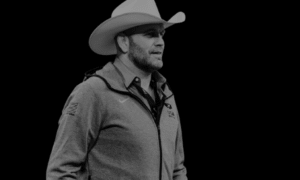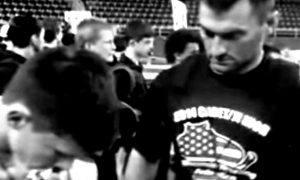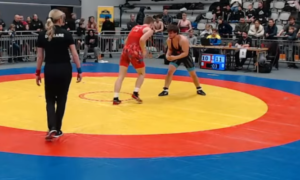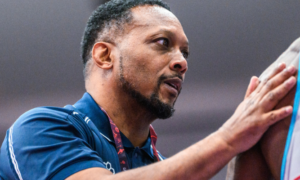As has been talked about, the US Greco Olympic Team is in the midst of its full-scale preparation for the Rio Games. The four wrestlers – Jesse Thielke (59 kg); Andy Bisek (75 kg); Ben Provisor (85 kg); and Robby Smith (130 kg) have all had a busy go of it since the 2016 Olympic Trials in April. Thielke, along with RaVaughn Perkins (NYAC, 66 kg) and Joe Rau (Minnesota Storm, 98 kg), had to endure two grueling qualifying tournaments during a period that stretched from mid-April to early May. The three athletes stayed in Mongolia ahead of the 1st OG World Qualifier before heading to Hungary for further training. After that, it was onto Turkey for the 2nd (and last) OG World Qualifier where Thielke exploded through a stacked bracket to reach the finals and clinch the US’s berth at 59 kg.
Bisek and Smith have experienced adventures of their own. Both wrestlers instructed at a camp in Alaska in April following the Trials. They then traveled to Europe for training in separate locations – Bisek got work in with the Austrian team while Smith shored up parts of his game in Hungary. Of course, Bisek also wrestled in May at the Beat the Streets Gala where his partner-in-crime Smith acted as the event’s emcee.
But the four Greco Olympic Team members converged as a unit for the first time last month at the Community Youth Center in Concord, California for the start of their pre-Olympic training. The camp in Concord was recognized as the initial step into serious preparation for Rio and it hasn’t tapered down since. The athletes arrived back home Memorial Day weekend and have been continuing their work in Colorado Springs. And while their base conditioning program is a necessary part of the squad’s overall training regiment, it has been specifically geared to account for what is going to happen in Azerbaijan.
“We’re talking high intensity live stuff”, says US National Team Head Coach Matt Lindland. “Like a lot of ‘shark bait’ or ‘bull in the ring’, or whatever people call that. I just call it ‘groups’, one man stays in kind of stuff. Maybe you’re only going a six minute match, but every minute it’s a fresh guy.” A lot of the training the wrestlers have been through as of late is based on complete conditioning, fortifying both their cardiovascular and anaerobic thresholds in advance of the camp in Azerbaijan, where they will be spending most of their time wrestling with international partners. “It’s wrestling-based, threshold stuff”, explained Lindland. “We’ll be working in a completely different zone in our threshold.”
The camp in Azerbaijan is not a short one, either. The US contingent will be departing on June 11th and not arrive back home from overseas until July 4th. That is three weeks of training with members of the Azerbaijani team as well as athletes from other nations. It is also a good way to get some looks they normally do not see stateside while appraising their current conditioning levels. In other words, it’s more than just three weeks in Azerbaijan ahead of the Rio homestretch: There are other concerns at play.
“We’re going to have a solid base going into this camp, so I’m comfortable with that”, Lindland says. “We’re going to get a chance to work our higher-end threshold training system for three weeks and get in a lot of good wrestling, the feel of wrestling international opponents and training partners.”
If Concord represented the first leg of the Greco Olympic Team coming together as a collective and their subsequent time back at the OTC as a continuation of that initial push, then Azerbaijan can be looked at as a further indoctrination into what is awaiting them going forward. The four Olympians will not be traveling alone, however. Perkins, Geordan Speiller (Florida Jets, 75 kg), Rau, and G’Angelo Hancock (NYAC, 98 kg) will be making the trip, as well. It’s time to come together, it’s time to turn things up a little bit. It’s time for them to see what they have been doing is not only working, but will also hopefully lead to greater heights come August.


















